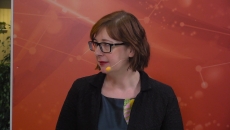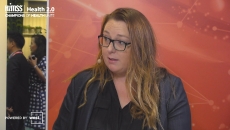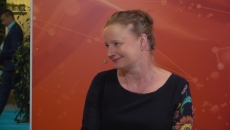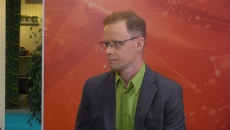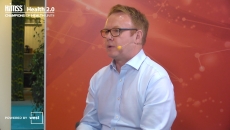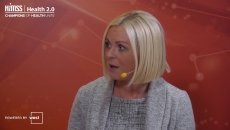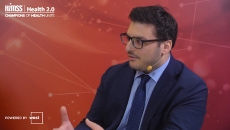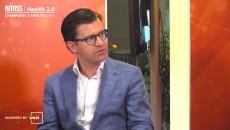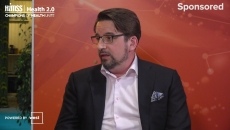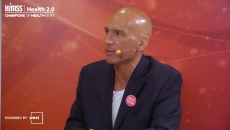Health 2.0
Rare conditions have been identified and treated successfully through pediatric gene testing, says Kate Birch, head of data and technology at Melbourne Genomic Health Alliance in Australia.
Codesain CEO Rachel De Sain discusses how Australia's My Health Record enables the country’s citizens to improve their digital health journey.
Jaana Sinipuro, project director at Sitra, says transparency with fair data usage is being explored in Finland, while the country's general outlook is that data should be shared and used to improve services where possible.
Patients can manage their own healthcare from home if given the right tools, says Konstantin Hyppönen, chief architect at Kanta Services in Finland.
The NHS.UK platform provides users with an app that allows them to access their own records, book appointments, order prescriptions and do basic triage, says James Hawkins, director of strategy at NHS Digital.
Liz Ashall-Payne, co-founder and CEO of ORCHA, discusses the push to use health data to support care and improve remote monitoring.
The value of blockchain in healthcare goes beyond data ownership, access and control, as well as consent management, says Mirko De Maldè, president at Government Blockchain Association Italy.
Not only can augmented reality and virtual reality help patients better understand their condition, but the technologies can help train residents in different approaches to surgery, says Tristan van Doormaal, a neurosurgeon at UMC Utrecht in the Netherlands.
Thomas Grandell, CEO and co-founder of Etsimo, says his company's platform can help increase patient empathy by freeing up doctors' time while ensuring patients stay healthier longer.
Ver2 Digital Medicine aims to connect refugees with doctors via a ubiquitous telehealth platform, says CEO Brian de Francesca.
